Posted: 13th October 2021
What is Dry Mixed Recycling and Why it's Important for Businesses?
Dry mixed recycling is a simple and cost-effective solution for any company, school or organisation to embrace recycling and become more eco friendly.
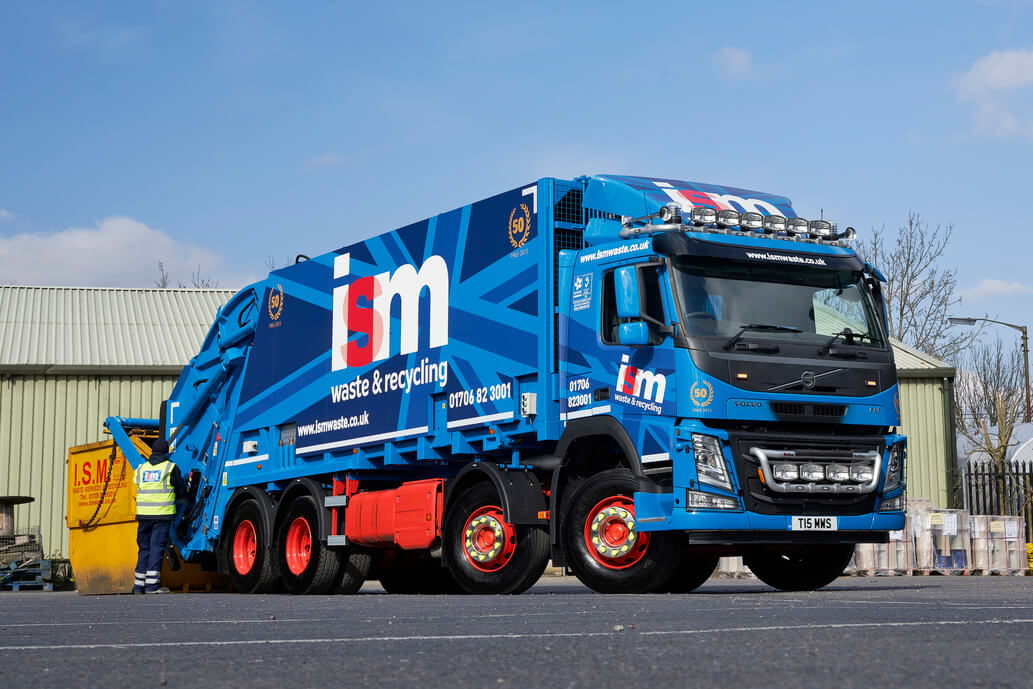
What is Dry Mixed Recycling (DMR)?
Dry mixed recycling, or DMR as it's regularly known, is an "all-in-one" recycling solution for all of your common recyclable waste to make recycling at school or in the workplace as straightforward as possible.
Typically, most clean recyclables in the workplace can go in dry mixed recycling wheelie bins, meaning you'll avoid having to sort them out into different containers.
All the different types of recyclables are separated after collection at our industry-leading recycling facility to ensure customers that opt for DMR services have a hassle-free service.
What are the Advantages of DMR?
Whilst it may be convenient to put all types of waste in a general waste bin, it is unsustainable and much much expensive than recycling.
Dry mixed recycling creates a manageable balance between convenience, improving your recycling rates and reducing waste production in the workplace. DMR is the easiest way to make sure that recyclables don't get contaminated without overcomplicating your waste streams.
DMR will cost your business noticeably less than it does to send your rubbish to landfill sites.
By reducing the amount of waste materials in your general waste bin, you will reduce the amount of waste that gets sent to landfill sites and, therefore, pay far less landfill tax than you otherwise would.
With landfill taxes on the rise each year in the UK, your business will continue to save more money every year.
For every tonne of waste that your business recycles, you'll be saving £103.70.
What CAN Go in Dry Mixed Recycling Bins?
The common dry recyclable waste in the workplace can go in dry mixed recycling bins. Clean dry recyclables include:
Cans
Empty metal cans can go in dry mixed recycling bins such as drinks cans and aluminium cans, providing they are rinsed and clean.
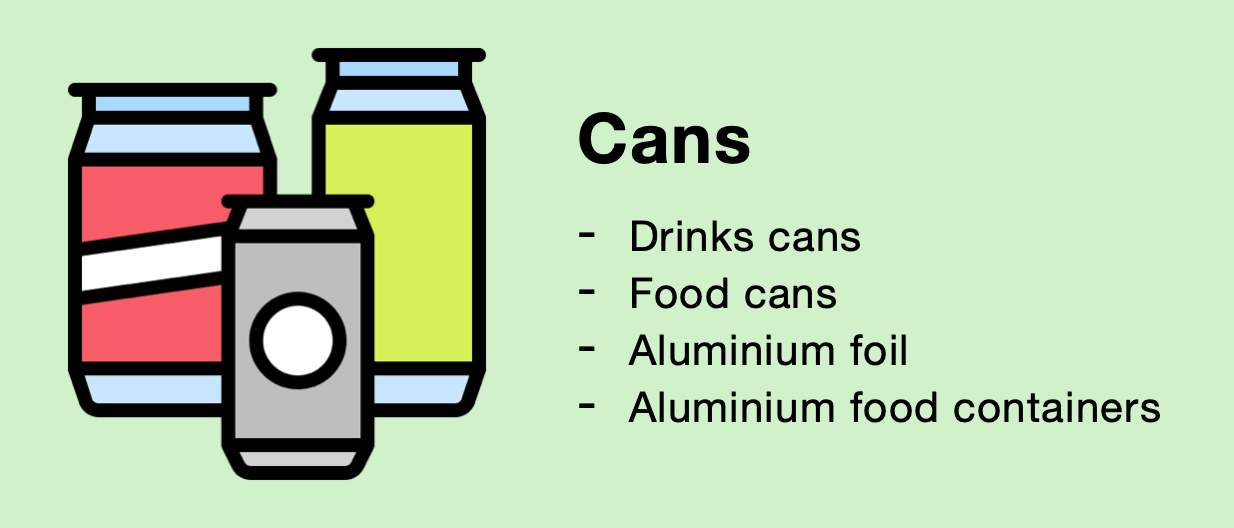
Plastics
The majority of everyday plastic items in the workplace will be able to go in DMR bins. This includes plastic bottles, cups and packaging.
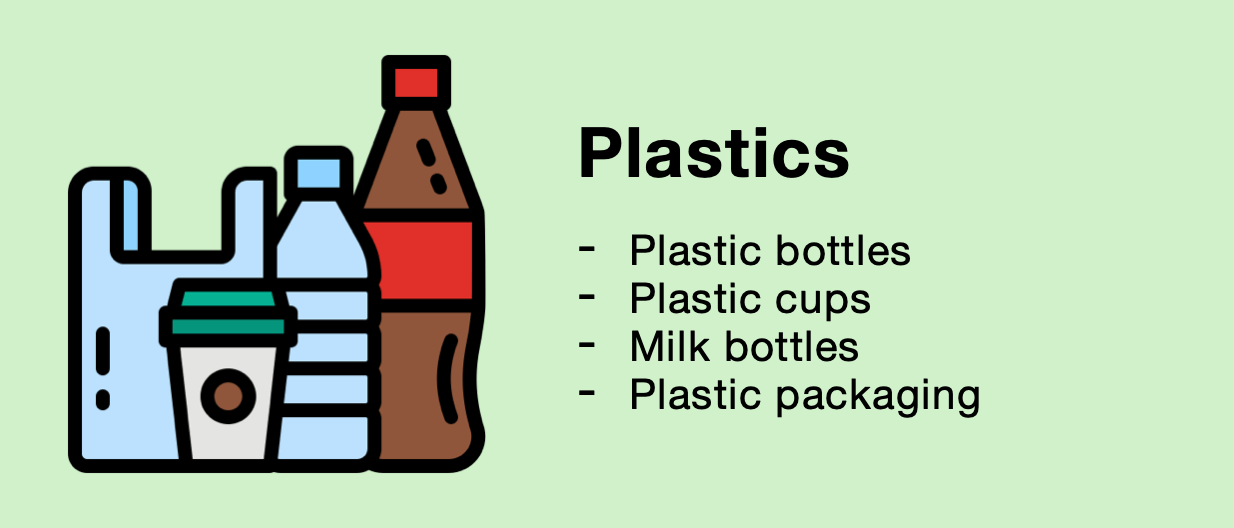
For more information about the different plastic types, check out our in-depth guide about plastic resin codes and what they mean.
Cardboard
Cardboard is a very common recyclable waste produced by most businesses. Luckily cardboard is recyclable, and it's accepted in your dry mixed recycling bins, providing it's clean.
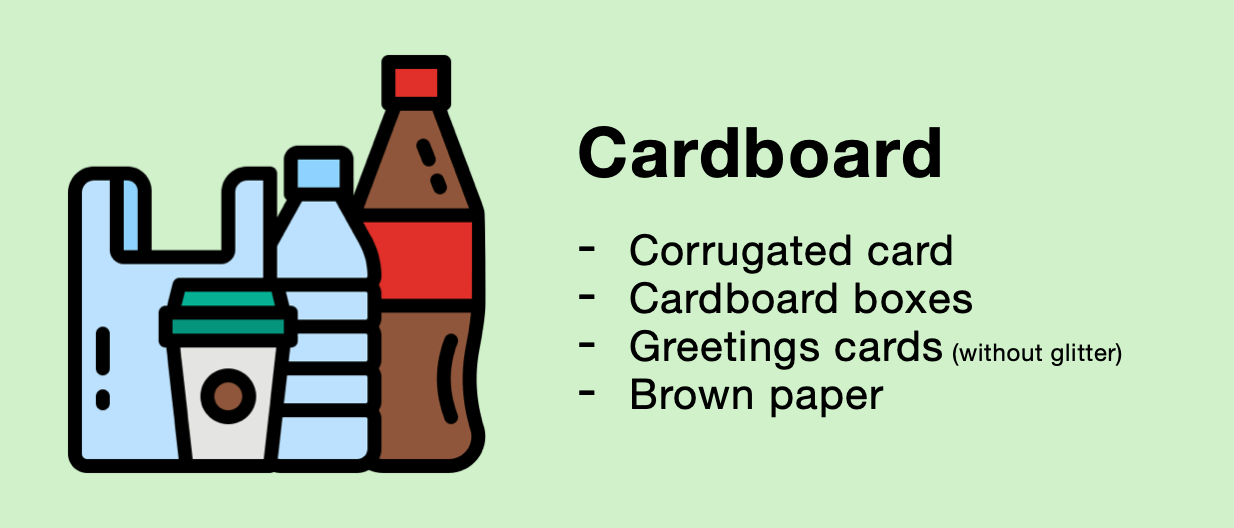
Paper
Paper is widely recycled, and, in most forms, it's accepted in dry mixed recycling bins. Examples include plain white paper, printer paper, newspapers, magazines/catalogues and shredded paper.
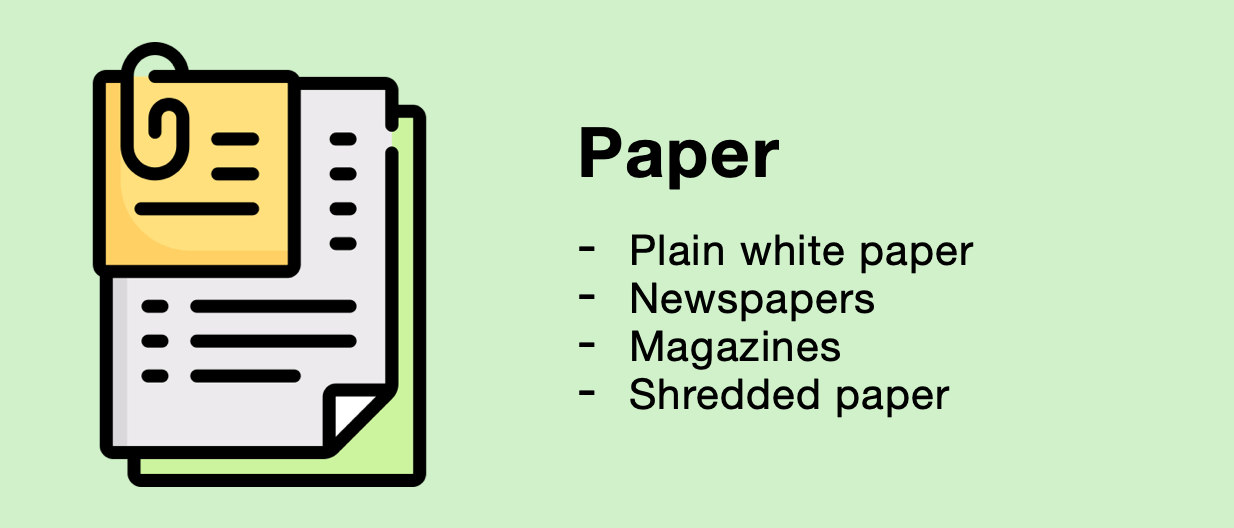
What CAN'T Go in Dry Mixed Recycling Bins?
General waste and certain recyclables can't go in your DMR bins. These include black bag rubbish, liquids, food and canteen waste, wood, glass and ceramics, polystyrene, coffee cups.
For any other waste that can't go in your recycling bins, you'll need to have additional containers for the different types of rubbish. Unfortunately, businesses will often create some rubbish that can't be recycled, meaning your business will most likely need general waste bins too.
Ready to find out more about our recycling services?
At ISM Waste & Recycling, we offer a comprehensive range of waste management services for commercial clients across Greater Manchester and Lancashire. Our services focus on recycling to help businesses bring down waste disposal costs and become more environmentally friendly. If you're ready to get a quote or just want to find out a bit more about our dry mixed recycling services, please call us on 01706823001 or fill out our contact form.
Useful Links: